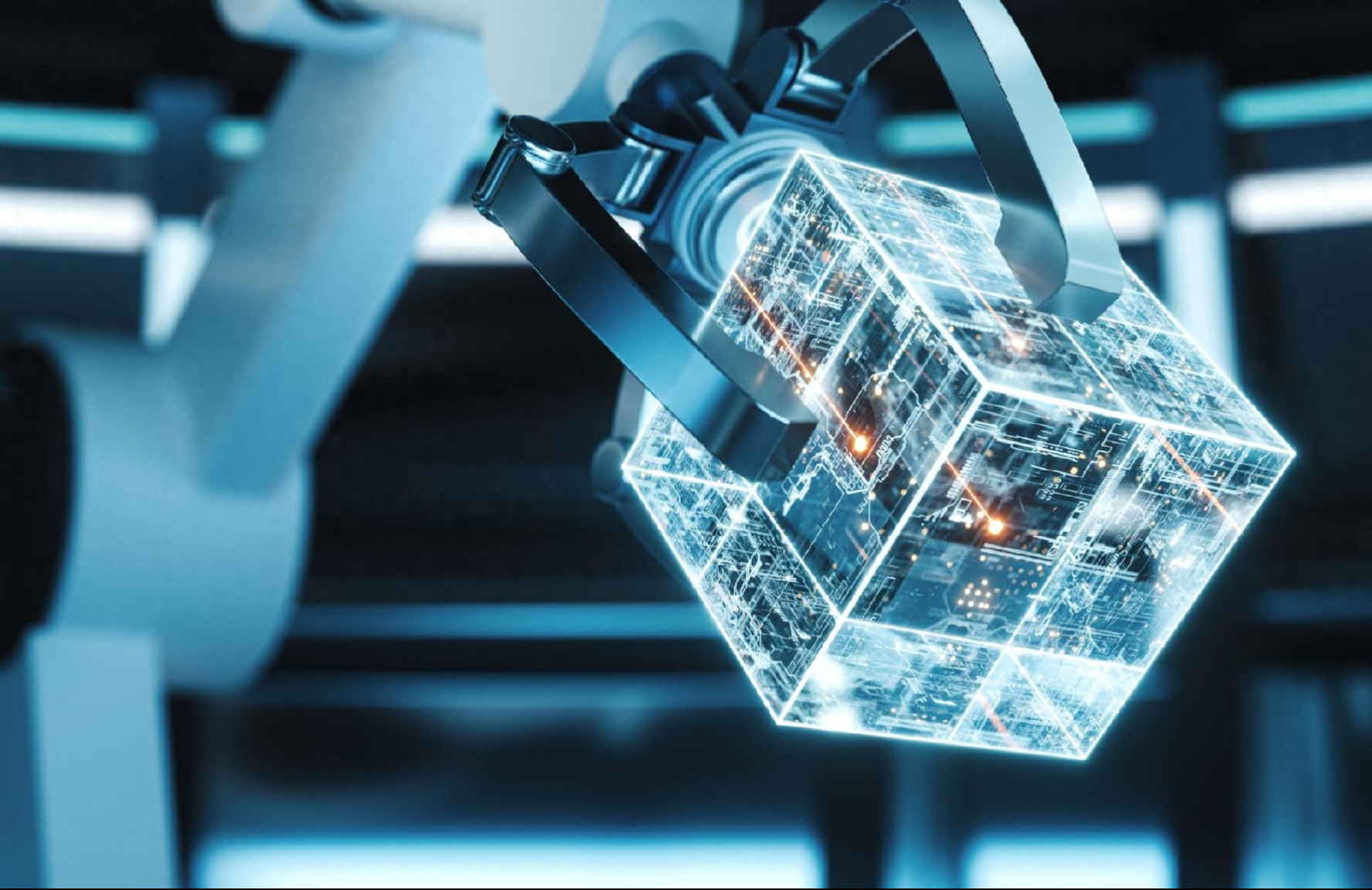AI Technology Ignites a Revolution in Healthcare
Advertisements
In a world where technological advancements shape the landscape of numerous industries, healthcare finds itself on the brink of a revolutionary transformation driven by artificial intelligence (AI). This post-pandemic era has seen an unprecedented rally in healthcare stocks, fueled primarily by an influx of capital into AI-focused medical initiatives. The medical index of the A-shares and Hong Kong stocks soared on February 14, nearing 6% and 8% increases, respectively, signaling a surge of interest and investment in AI. Companies like Alibaba Health witnessed a staggering 29% increase in their closing stock prices, while the stock of Yidu Tech skyrocketed over 90% within just two weeks, confirming that the market is rapidly recognizing the potential of AI in healthcare.
Technological Breakthroughs Spark Industry Change
The synergy between computer science and medicine is at the heart of this current trend, as AI begins to reshape the entire healthcare supply chain. From drug discovery and imaging diagnostics to robotic surgery, the integration of AI into various medical practices could shorten the drug development cycle from a typical 5-7 years to a mere 2-3 years, drastically cutting research costs by more than 70%. Domestic leaders such as Jingtao Technology have reported a staggering 300-fold increase in compound screening efficiency utilizing AI platforms, while BeiGene has managed to bring the cost of developing a new drug down from $2.6 billion to $700 million, illustrating the efficient leaps driven by technological revolutions.
Capital Reallocation Hints at Industry Evolution

Interestingly, in a rare move, fund managers specializing in computer tech have begun to allocate significant resources into pharmaceutical stocks, underscoring the cross-sector allure of AI in healthcare. The shifting capital flows unveil a new industry logic: companies endowed with healthcare data assets, AI diagnostic platforms, or the capabilities to develop smart devices have become prime targets for investment. Milestones such as the world’s first 5G remote laparoscopic surgery conducted by MicroPort and a 99.2% AI detection rate for pulmonary nodules achieved by United Imaging highlight that these technological advancements are in the process of rewriting traditional valuation models.
Themed Funds Enter Strategic Opportunities
After enduring a period of correction over the last three years, themed medical funds are finally at a tipping point. Industry analysts suggest that AI technology alleviates long-standing challenges within the healthcare sector, such as exorbitant R&D costs and unequal resource allocation, while simultaneously giving rise to three major investment themes: outsourced AI drug development, healthcare big data platforms, and intelligent diagnostic equipment. With China's 1.4 billion population generating over 30 billion medical imaging records annually, there exists a distinctive advantage for training AI models; companies that can monopolize this data could soon ascend into trillion-dollar valuation candidates.
A Trillion-Dollar Landscape Restructuring Looms